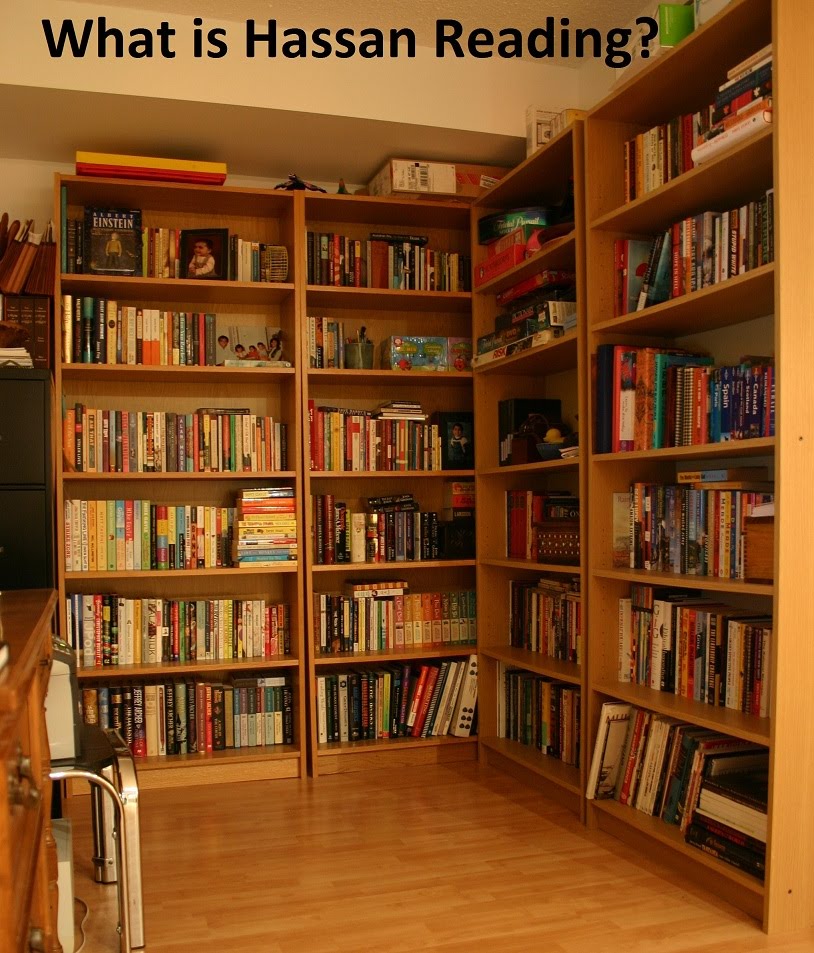WHY I PICKED IT: I loved One Day, and this is his next book.
ELAPSED TIME: 5 days
RATING: Very Good
I saw this in the book store and was immediately taken back
to the beauty that is One Day: The story of two friends’ July 15th. This book has some of the same melancholy,
style, and a character who you can like and hope is happy.
Douglas Pedersen, scientist, is married to Connie,
artist. They have been together for a
long time, but she’s not happy and wants to leave him – after their son Albie goes
off to college. The family vacation to
Europe is supposed to be their last trip as a family – and Douglas’ chance to
win back his wife.
What follows is an engaging story. Douglas is a character that speaks to your
heart – you want him to figure out that, in Life, the journey is the
destination… and in so doing, you hope that you are reminded of that yourself.
The alternating chapters telling the story of the present day,
and some point in the past, are engaging and beautifully written, if not gut
wrenching at times. Nichols writes
characters that are easy to like, and who you can’t help but root for.
